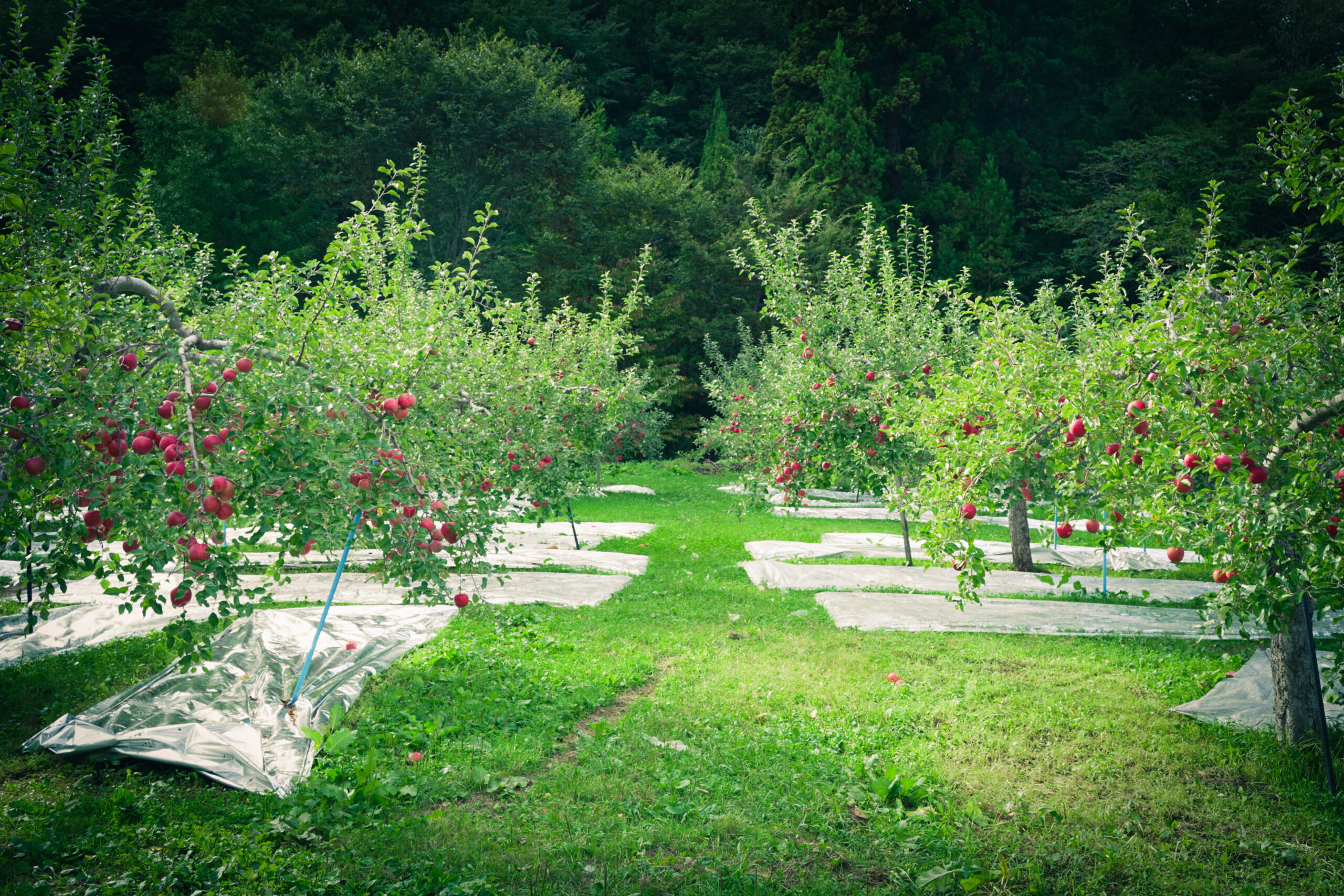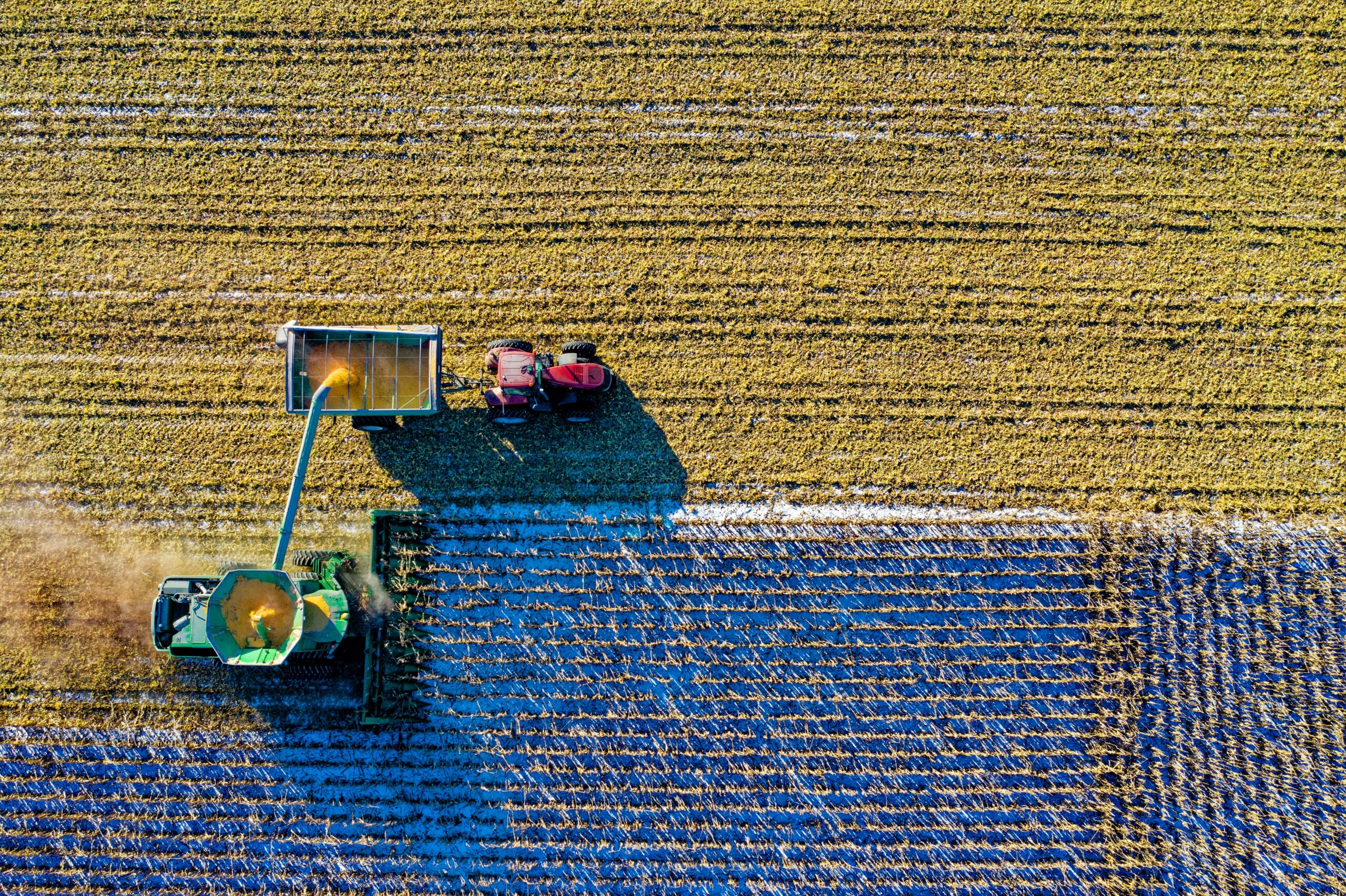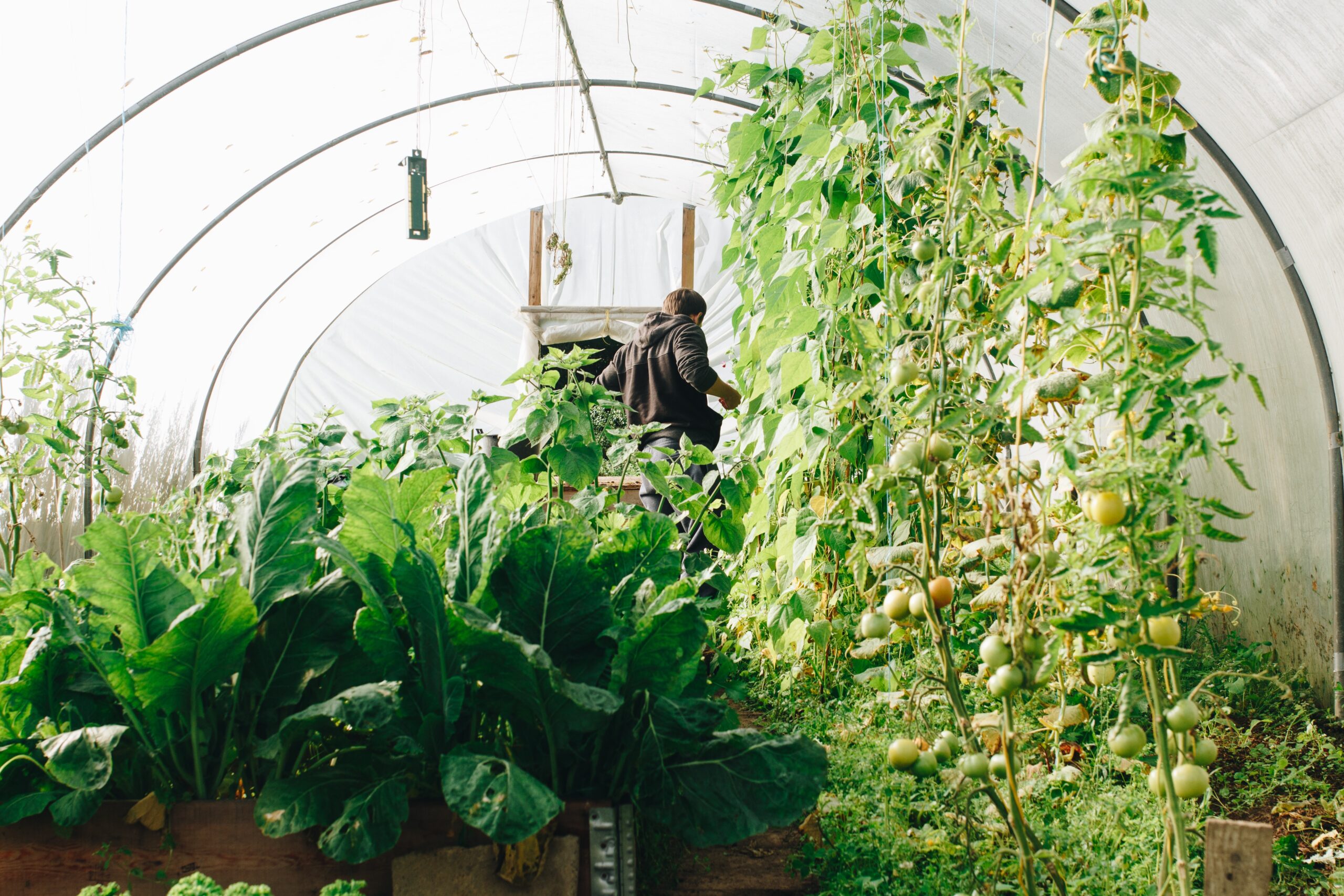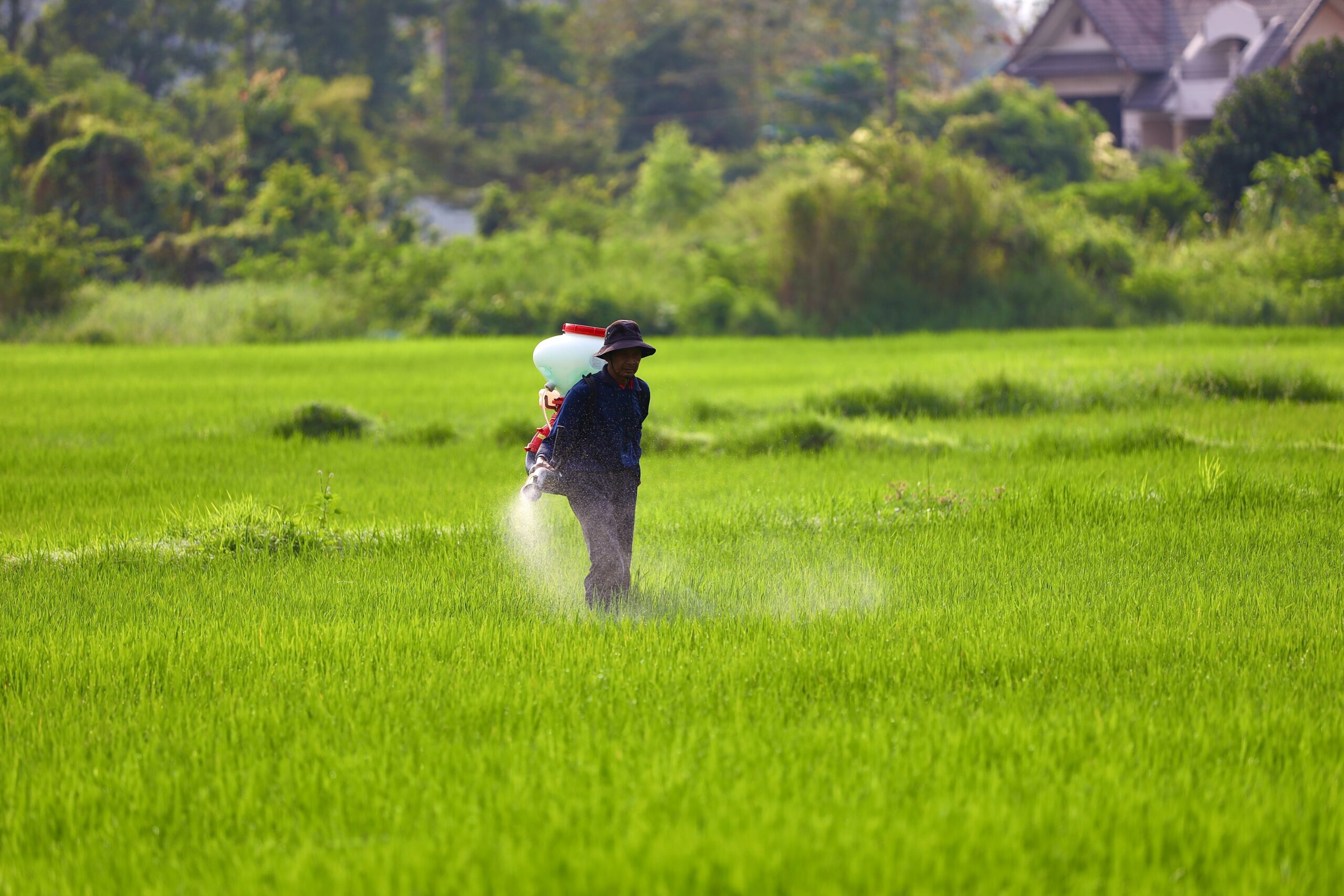
In our efforts to feed a growing global population, our society has adapted a variety of methods that has made agriculture not only a profitable industry, but a necessary one. However, the current practices that farmers worldwide use, be it their current irrigation systems or the type of pesticide they use on their crops, have come to negatively impact the very same environment that they rely on for their livelihoods. Welcome back to Sustainability 101! Although there is an existing threat of environmental damage through agriculture, the good news is that there are ways to mitigate and maybe even reverse that damage by adopting farming methods that prioritise sustainability. This is called Sustainable Agriculture.
What is Sustainable Agriculture?

Sustainable Agriculture or Sustainable Farming is a holistic approach to agriculture which takes account of the environmental, social, and economic practices needed to make farming a maintainable practice. It has been widely regarded as an effective method to make farming and agriculture less environmentally damaging and in the 2021 United Nations Climate Change Conference, 45 countries pledged to contribute about 4 billion US dollars to support the global transition to Sustainable Agriculture. Practices under Sustainable Agriculture include maximising renewable resources, aiding and expanding natural resources, and an overall emphasis on environmental protection. Currently, the main principles applied by Sustainable Farmers include protecting biodiversity, prioritising soil health, and conserving water.
Biodiversity

Biodiversity refers to the numerous varieties of crops and animals that naturally occur in an ecosystem. For years, the preservation of biodiversity has relied on agricultural practices as it is the farmers who keep planting wide varieties of crops and keep environments liveable for different species. However, our modern lifestyles have not always been compatible with the ecosystems that thrive on earth. In fact, in the last 250 years we have lost about 600 plant species which is twice as many as the lost species of birds, mammals, and amphibians combined. Sustainable Agriculture takes this as a primary principle because biodiversity is an important component of keeping the environment healthy. Examples of the way farmers can do this is by minimising their impact on the wild ecosystems and not drastically altering the variety of plant species. By protecting biodiversity, farmers can keep selling their crops and making a livelihood while keeping ecosystems safe.
Soil Health

Soil is one of the most important natural resources, especially for farmers. Because the quality of their crops can be greatly affected by soil quality, it is within their primary interest to keep their land healthy. However statistics show that global soil health at the moment is far from ideal. According to EcoWatch, 50-70% of the soil’s carbon in the world has been lost due to mismanagement. Since carbon is an important aspect of soil health, this is only further reason for Sustainable Farmers to focus on maximising their soil health. There are four ways that Sustainable Farmers protect the health of their soil. The first is by minimising the disturbance of soil by limiting their tillage, optimising their chemical input, and rotating their livestock. Secondly, they maximise soil cover. Covering soil with plants, leaving crop residue, and using organic mulch all contribute to keeping soil healthy. Third, Sustainable Farmers can maximise crop diversity by planting a variety of crops and rotating them year-round. They can also integrate livestock. These practices all work to introduce natural pollinators, break disease cycles, and stimulate plant growth. Lastly, they also maximise root growth in plants to attract more organisms that help maintain crop and soil health.
Water Conservation

Water is a huge part of keeping any agricultural venture alive and profitable. However, clean water is also a finite and scarce natural resource. In fact, 70% of the world’s water consumption is used in agricultural practices. In order to conserve this precious resource, Sustainable Farmers can apply different techniques such as irrigation scheduling which optimises water usage based on the crop type, weather forecasts, and soil moisture. Another method is water capture and storage, which reuses runoff and stormwater for farming. Some areas which receive a large amount of water during rainy seasons can allow farmers to dry farm as well, which involves utilising excess soil moisture for dry season crops. These are only a few of the variety of ways that Sustainable Farmers can transform their irrigation systems into more sustainable ones.
Conclusion
All three principles of sustainable agriculture contribute to keeping ecosystems healthy, resilient, and therefore more sustainable. A large part of sustainability is making sure that the finite natural resources we have are taking care of in a way that promotes regeneration so that future generations can benefit from them in the decades to come. By adopting even just some of the practices discussed in this article, we can reduce the environmental impact of industrial farming and agriculture and regenerate our resources without causing lasting damage in the future.
As individuals, it can be difficult to think of how we can contribute to Sustainable Agriculture practices without any direct experiences on the field.Luckily there are products like RINGO-TEX, appcycle’s vegan apple leather, which help contribute to sustainable farming and agricultural processes through the reduction of crop wastage. To find out more about this week’s topic, check out this page from the US Department of Agriculture. And if you want to know more about how appcycle and RINGO-TEX contribute to sustainability, check out our official blog , Instagram , and Facebook pages here.





